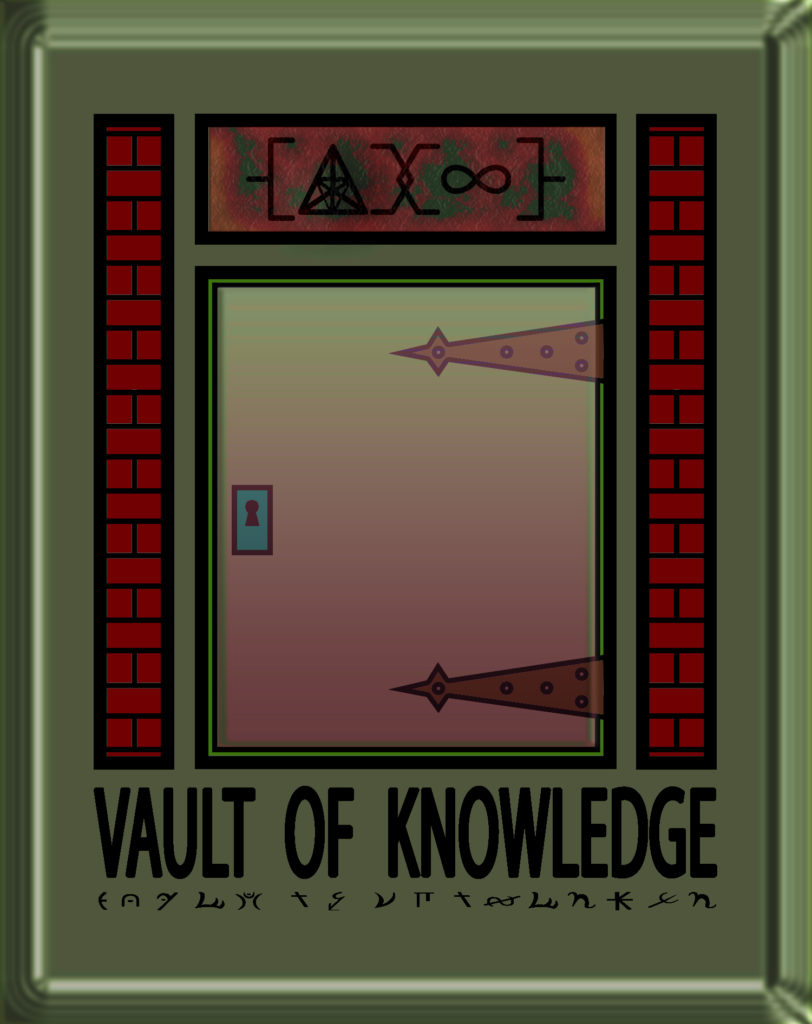Fantasy worlds have one standard prerequisite: Magic. But, how does a writer use it in his story? Is it enough to simply have the wizard do whatever needs to be done and all the writer has to do is shrug and say “It’s magic” when asked how?
Everything needs a logic, it’s own internal consistency, even magic. What the writer has to do is decide what that internal logic is before he starts having wizards cast magic spells. These laws of magic will prevent the problem of wizards able to do anything one moment then being arbitrarily limited the next time the writer needs him to be. They will dictate a few limits around which the writer can hang some juicy plot elements.
The “laws” I suggest derive from common sense. I view a wizard as akin to an engineer or physicist, with magic spells in place of equations, and the manipulation of magic into form in place of devices. It would take a certain amount of mental effort for a wizard to manipulate such cosmic forces, which means that he gets tired. The greater, more powerful the spell, the more tiring it will get. Unless he has a focus, such as a wand or staff, to help him along.
So, the writer now has a reason for the magic-users in his story to not be constantly using magic 24/7; it’d be like constantly jogging in place 24/7. Next, there would be the limits of what magic can do; aside from the obvious of more learned wizards can perform more amazing feats, this next limit is best done by describing magic into different fields. Just like there are different types of engineers and different fields of physics, so too might one suppose there to be different kinds of magic, with a given wizard being trained in certain subset of these different fields.
So, as the writer you must decide what are the available kinds of magic in your world. Necromancy, healing, elemental magics, demonic conjurations, etc.. For purposes of your story you may not want to use the whole range but limit things to only one range of magic to fit into your desired plot. A perfect example of this would be the animated series The Avatar; that world only used different varieties of elemental magic, and it worked out great. Of course, if your Big Bad is a demon, then maybe someone had to summon it forth which means your world needs the type of magic that would allow one to do so. It’s a synergy; the plot elements you desire will determine what types of magic must be available, and inserting other types of magic will inspire more elements for your story.
There is also the line of thought that magic is like one of Newton’s laws; for every magical action there is an equal and opposite magical reaction; bring forth fire and someplace else a volcano loses a little heat, or summon forth a demon and someplace else an angelic creature s suddenly on the alert. Or there is the Karma aspect; use too much necromancy to make undead and you might turn into one yourself, or use a spell to make someone love you and the wizard just might be getting to much of a good thing. Whichever of these additional rules you use, just remember to use a little logic
Lastly, the writer has to decide how widely available magic is on his world. Should it be as common as electricity is in our modern times? Or should it be a rare thing that only the privileged few can use? Or maybe magic as a force is rather weak in the world, except for in certain natural focal points where it is particularly strong. The necessity of naturally occurring magical focal points could add an element of risk depending on where it’s located, or inspire a quest for the characters to reach one before the bad guys do.
It really doesn’t take a writer long to decide how magic works for his story; just sit down for a bit and think it through, then write it down so you don’t forget. After that it’s just a matter of consistency; stick to the rules you’ve come up with. The purpose of all this is to add some realism to your story. That if magic exists, then maybe this is what it would be like. This helps the suspension of belief required for a reader to really get into your story and make you a better writer.





 Users Today : 201
Users Today : 201 Total views : 4038197
Total views : 4038197 Who's Online : 6
Who's Online : 6

